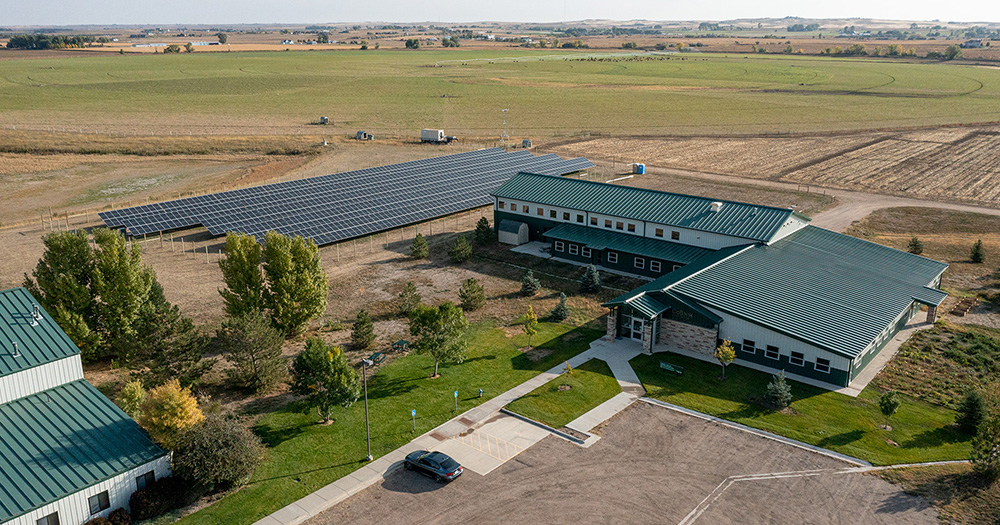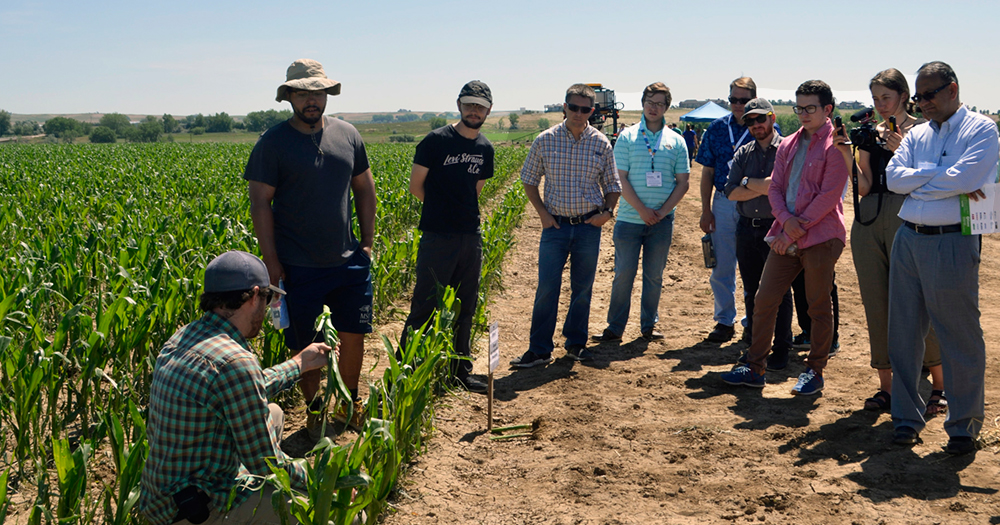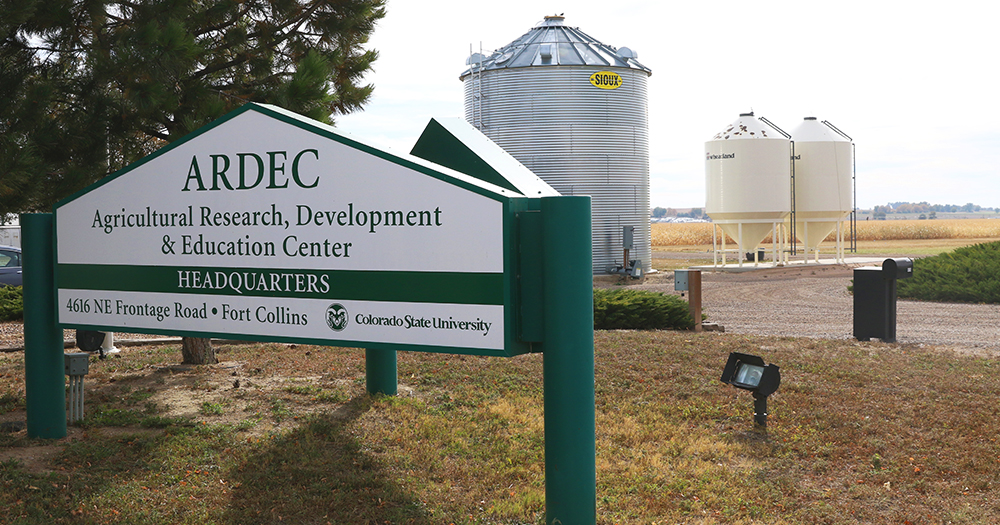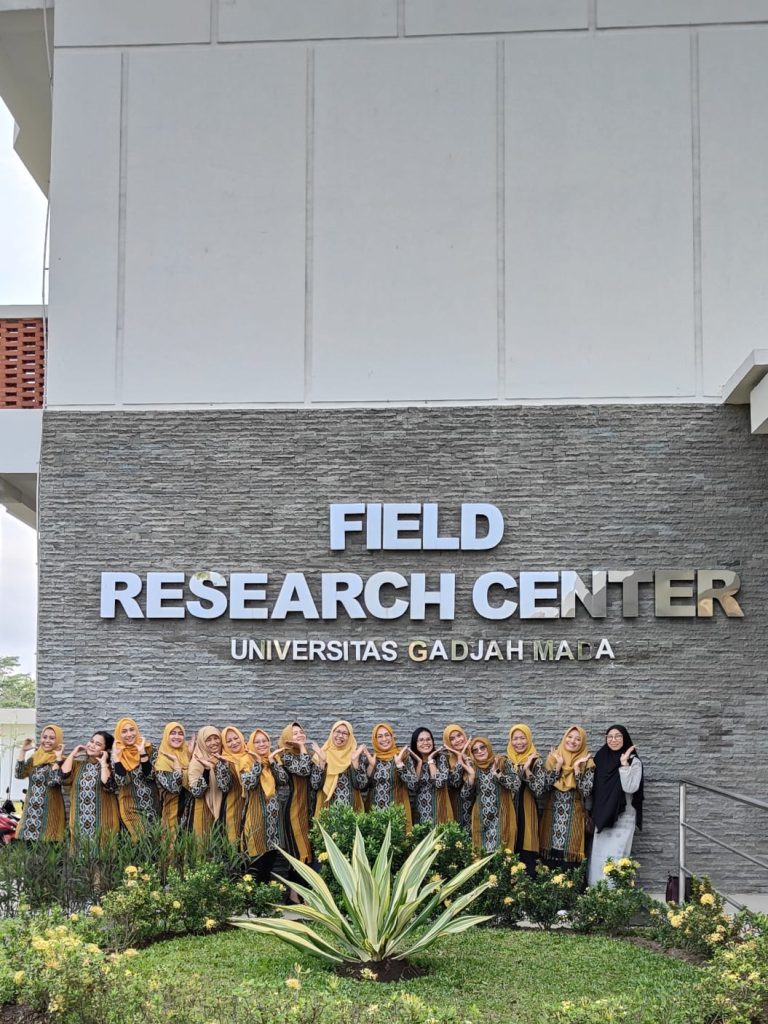Ardec South Horticulture Field Research Center

A silent revolution is blooming in the heart of South Jersey. While the world grapples with climate change, food security concerns, and the need for sustainable agricultural practices, researchers at the ARDEC South Horticulture Field Research Center are quietly working to cultivate a more resilient and productive future for the region's vital fruit and vegetable industries.
This research hub, a cornerstone of Rutgers University's New Jersey Agricultural Experiment Station (NJAES), serves as a critical testing ground for new varieties, innovative growing techniques, and integrated pest management strategies, all geared toward enhancing the profitability and sustainability of New Jersey's farms.
A Deep Dive into ARDEC South
ARDEC South, situated in a prime agricultural zone, operates as a vital link between cutting-edge scientific research and the practical realities faced by local farmers. The Center's mission is multifaceted, encompassing variety trials, pest and disease management research, evaluation of sustainable farming practices, and technology adoption strategies.
Essentially, ARDEC South acts as a real-world laboratory, translating scientific breakthroughs into tangible solutions for the agricultural community.
Variety Trials: The Quest for Superior Crops
A significant portion of ARDEC South's work centers around meticulous variety trials. These trials involve planting and evaluating numerous cultivars of various fruits and vegetables, assessing their yield, disease resistance, fruit quality, and adaptability to the specific climate and soil conditions of South Jersey.
Dr. Peter Nitzsche, a prominent extension specialist in tree fruit, oversees many of these trials, meticulously tracking the performance of new apple, peach, and nectarine varieties. His research helps growers select the best options for their orchards, maximizing profitability while minimizing inputs.
"We are constantly evaluating new varieties for disease resistance, fruit quality, and overall performance," says Dr. Nitzsche. "Our goal is to provide growers with the information they need to make informed decisions about which varieties to plant."
Combating Pests and Diseases: Integrated Solutions
Pest and disease management is another crucial focus area. Researchers at ARDEC South are actively involved in developing and evaluating integrated pest management (IPM) strategies, which emphasize a holistic approach to pest control, minimizing reliance on synthetic pesticides.
This includes studying beneficial insects, exploring biological control agents, and implementing cultural practices that disrupt pest life cycles. The goal is to create more sustainable and environmentally friendly pest management solutions.
Dr. Hemant Gohil, a specialist in vegetable pathology, is leading research on disease resistant crop varieties. "We need to constantly find new and novel ways to control diseases in vegetable crops. IPM is a good way to start, but the future lies in creating disease-resistant cultivars," Dr. Gohil stated.
Sustainable Farming: Cultivating a Healthier Future
The Center also actively researches sustainable farming practices, exploring ways to reduce water usage, improve soil health, and minimize environmental impact. This includes studying cover cropping, reduced tillage techniques, and nutrient management strategies.
Researchers are also investigating the potential of using recycled water for irrigation, exploring innovative ways to conserve precious resources. The work contributes to the development of more environmentally responsible agricultural systems.
Technology Adoption: Bridging the Gap
ARDEC South plays a critical role in facilitating technology adoption among farmers. This involves demonstrating the effectiveness of new technologies, providing training and technical assistance, and connecting farmers with resources and expertise.
From precision irrigation systems to advanced weather forecasting tools, the Center helps farmers harness the power of technology to improve their operations. The center also uses sensor and drones to collect aerial imagery of the trial plots.
The Impact and Future of ARDEC South
The research conducted at ARDEC South has a profound impact on the New Jersey agricultural industry. By providing growers with access to new varieties, improved pest management strategies, and sustainable farming practices, the Center helps them remain competitive in a rapidly changing marketplace.
The work directly contributes to the economic vitality of the region, ensuring that New Jersey farms can continue to thrive.
Looking ahead, ARDEC South is poised to play an even more critical role in shaping the future of agriculture. With climate change posing an increasingly serious threat, the need for resilient crops and sustainable farming practices will only intensify. The center's ongoing research on drought-tolerant varieties, heat-resistant cultivars, and integrated pest management strategies is essential for ensuring the long-term sustainability of New Jersey's agricultural sector. The facility plans to build new greenhouses to extend the growing seasons and collect more precise environmental data.
As Dr. Thomas Orton, Director of ARDEC, notes, "ARDEC South is committed to serving the needs of New Jersey's agricultural community. We will continue to conduct cutting-edge research and provide growers with the information and resources they need to succeed."
The quiet revolution at ARDEC South promises a brighter, more sustainable future for agriculture, not just in New Jersey, but potentially beyond, serving as a model for agricultural research and innovation in a changing world.


















